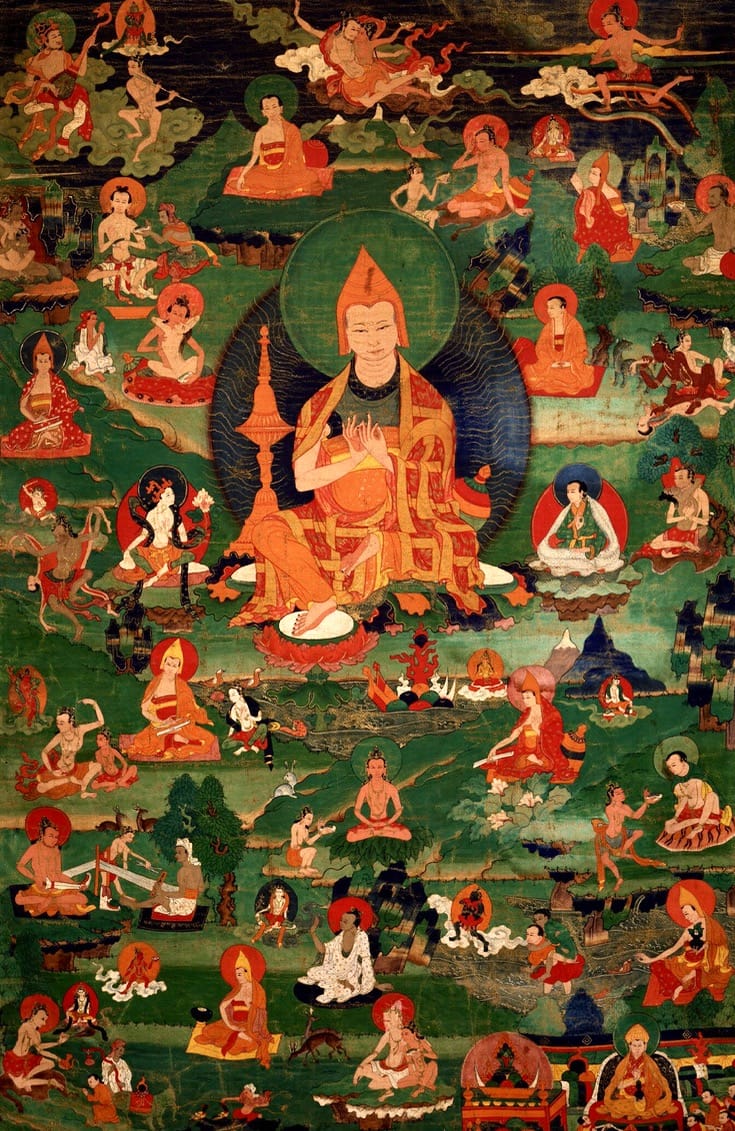When I first read the lojong (“mind training”) teachings in The Great Path of Awakening by the nineteenth-century Tibetan teacher Jamgön Kongtrül the Great, I was struck by their unusual message that we can use our difficulties and problems to awaken our hearts. Rather than seeing the unwanted aspects of life as obstacles, Jamgön Kongtrül presented them as the raw material necessary for awakening genuine uncontrived compassion. Whereas in Kongtrül’s commentary the emphasis is primarily on taking on the suffering of others, it is apparent that in this present age it is necessary to also emphasize that the first step is to develop compassion for our own wounds.
 It is unconditional compassion for ourselves that leads naturally to
unconditional compassion for others. If we are willing to stand fully in
our own shoes and never give up on ourselves, then we will be able to
put ourselves in the shoes of others and never give up on them. True
compassion does not come from wanting to help out those less fortunate
than ourselves but from realizing our kinship with all beings.
It is unconditional compassion for ourselves that leads naturally to
unconditional compassion for others. If we are willing to stand fully in
our own shoes and never give up on ourselves, then we will be able to
put ourselves in the shoes of others and never give up on them. True
compassion does not come from wanting to help out those less fortunate
than ourselves but from realizing our kinship with all beings.The lojong teachings are organized around seven points that contain fifty-nine pithy slogans that remind us how to awaken our hearts. Presented here are nineteen of those slogans:
First, train in the preliminaries.
The preliminaries are also known as the four reminders. In your daily life, try to:- 1. Maintain an awareness of the preciousness of human life.
- 2. Be aware of the reality that life ends; death comes for everyone.
- 3. Recall that whatever you do, whether virtuous or not, has a result; what goes around comes around.
- 4. Contemplate that as long as you are too focused on
self-importance and too caught up in thinking about how you are good or
bad, you will suffer. Obsessing about getting what you want and avoiding
what you don’t want does not result in happiness.